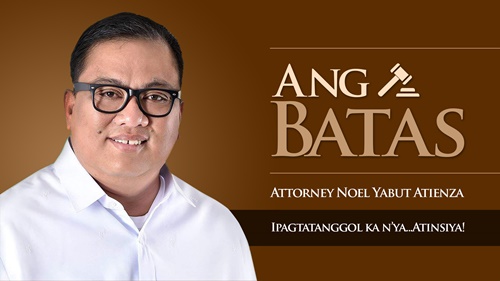The presumption of innocence was originally expressed by the French cardinal and canonical jurist Jean Lemoine in the phrase “item quilbet presumitur innocens nisi probetur nocens (a person is presumed innocent until proven guilty)”, based on the legal inference that most people are not criminals.
The presumption of innocence is one of the fundamental and most important principles of the due legal process. No principle of criminal and procedural law has ever caused more interest and debate than the rule that every person is presumed innocent until his guilt is proved by a court decision.
The presumption of innocence is a legal right of any person in the modern state of law who is suspected of committing a criminal offense. It is the principle that gave life and historical rivalry between the civil law and the common law, which is reflected in the application of the principle of guilt in the typical continental right and the application of the principle of the presumption of innocence to the common law system. Despite this somewhat artificial distinction that happens from time to time, the role of this principle can not be denied even in civil law. The presumption of innocence is closely related to the other essential principles of the criminal procedure such as the right to protection or the right of the suspect to have available the necessary procedural means to present his case without being disadvantaged with the other party. The contradictory, together with the guarantee for an independent and impartial tribunal serve as elements to safeguard the principle of presumption of innocence at least in the context of narrowly procedural aspects.
Presumption-of-innocence is defined as a basic tenet of criminal law that a person is to be presumed to be innocent until he is proven guilty beyond a reasonable doubt. The burden of proving the person guilty falls completely on the justice system, with the accused bearing no burden of proving his or her innocence. The presumption of innocence is not a determination of innocence, but rather a placing of the burden of proof entirely upon the justice system.
Article III, Sec. 14 (2) of the 1987 Philippine Constitution states that in all criminal prosecutions, the accused is presumed innocent until proven guilty beyond reasonable doubt.
Section 1.Rule 115 of the Rules on Criminal Procedures provides Rights of accused at the trial. — In all criminal prosecutions, the accused shall be entitled to the following rights:
- To be presumed innocent until the contrary is proved beyond reasonable doubt.
Whenever a crime is committed, investigations and court proceedings take place before a final decision is made. This is to ensure that there is justice for the victim and the accused. It is in line with article 11 of the Universal Declaration of Human Rights which says that every person who is charged with a crime has the right to be presumed innocent until proven guilty.
In the Philippine Judicial System the phrase “presumption of innocence until proven guilty” is one of the fundamental rights of an accused in any criminal prosecution.
Every person charged of a crime shall be presumed innocent until his guilt shall be established by proof beyond reasonable doubt. And what is the test required to determine “proof beyond reasonable doubt”? “Proof beyond reasonable doubt does not mean such a degree of proof which produces absolute certainty. Moral certainty is only required”
Further, the law provides that accusation/suspicion is not synonymous with guilt. It only means once a person is accused of doing a wrongful act, he is only a suspect and should not be treated as the responsible person of doing the same.
Basic in all criminal prosecutions is the presumption that the accused is innocent until the contrary is proved. (Sec. 14(2), Art. III of the 1987 Constitution.)Thus, the well-established jurisprudence is that the prosecution bears the burden to overcome such presumption; otherwise, the accused deserves a judgment of acquittal.(People v. Hilario, G.R. No. 210610, 11 January 2018.)Concomitant thereto, the evidence of the prosecution must stand on its own strength and not rely on the weakness of the evidence of the defense.(People v. Santos, G.R. No. 223142, 17 January 2018.)
Rule 133, Sec. 2 of the Revised Rules on Evidence specifically provides that the degree of proof required to secure the accused’s conviction is proof beyond reasonable doubt, which does not mean such a degree of proof as, excluding possibility of error, produces absolute certainty. Moral certainty only is required, or that degree of proof which produces conviction in an unprejudiced mind. To stress, “(W)hile not impelling such a degree of proof impervious certainty, the quantum of proof required in criminal cases nevertheless charges the prosecution with the immense responsibility of establishing moral certainty, a certainty that ultimately appeals to a person’s very conscience.”(Daayata v. People, G.R. No. 205745, 8 March 2017.

